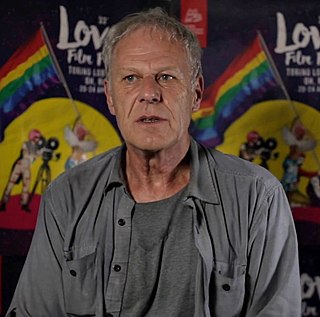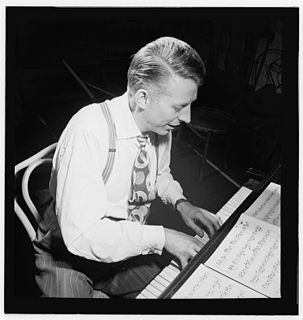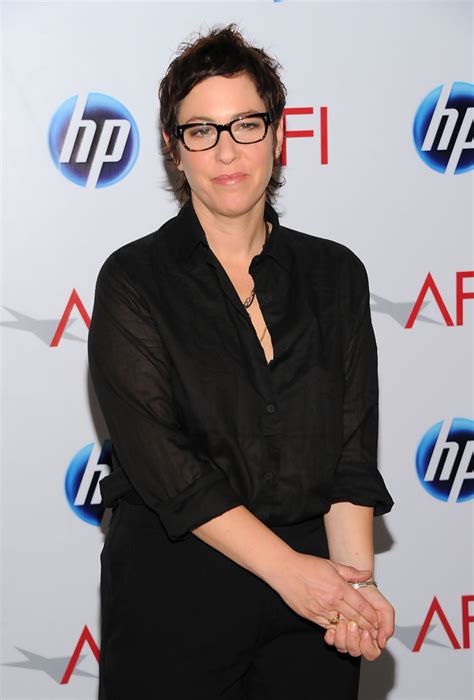A Quote by Linden MacIntyre
I think fatalism and redemption are themes that help a reader organize and eventually "own" a story or character. Writing them, I just want them to be real, and in reality I don't think events are thematic until in retrospect, if ever.
Related Quotes
I never really approach any project or story thinking of themes first or what a certain character 'represents.' Maybe other writers do, but for me, it just starts with the characters and a certain emotion I want to convey. It usually isn't until I get deeper into a book and look back a bit that I start to see the themes, etc.
Within a single scene, it seems to be unwise to have access to the inner reflections of more than one character. The reader generally needs a single character as the means of perception, as the character to whom the events are happening, as the character with whom he is to empathize in order to have the events of the writing happen to him.
Even when I'm writing animation, I think of them as real people. I think of them as completely three-dimensional beings, even if it's a talking teapot. I don't think of them as one-dimensional drawn characters running around. Maybe that's why, to me, there's really no difference in writing the two - animation versus live action.
I think about material that could work in the novel or story as I'm writing. I see if I can get there through what's happening with the character. But it's by inclination. It's not "At this moment this will happen." Usually with my characters you can't tell what has induced them to do anything. That's because, from my understanding of reality - which is always subjective - everything is overdetermined.
A character does seem to have a life of its own, but I have what I'd describe as a very fluid relationship with them - as I'm thinking of what they will be like, they shift in and out of focus - they are a projection of some idea inside of me, even if a character is inspired by an actual person, I'm well aware that it is not that person. My job is to identify the essence of the character, and to bring them to life long enough to commit the acts, say the words or simply "be" in a way that allows them to affect and be affected by other elements and events in the imaginary world of a story.
I don't think you could teach someone to be a genius, but you can certainly teach them to not make rookie mistakes and to look at writing the way a writer looks at writing, and not just the way a reader looks at writing. There are a lot of techniques and skills that can be taught that will be helpful to anybody, no matter how gifted they are, and I think writing programs can be very good for people.






































